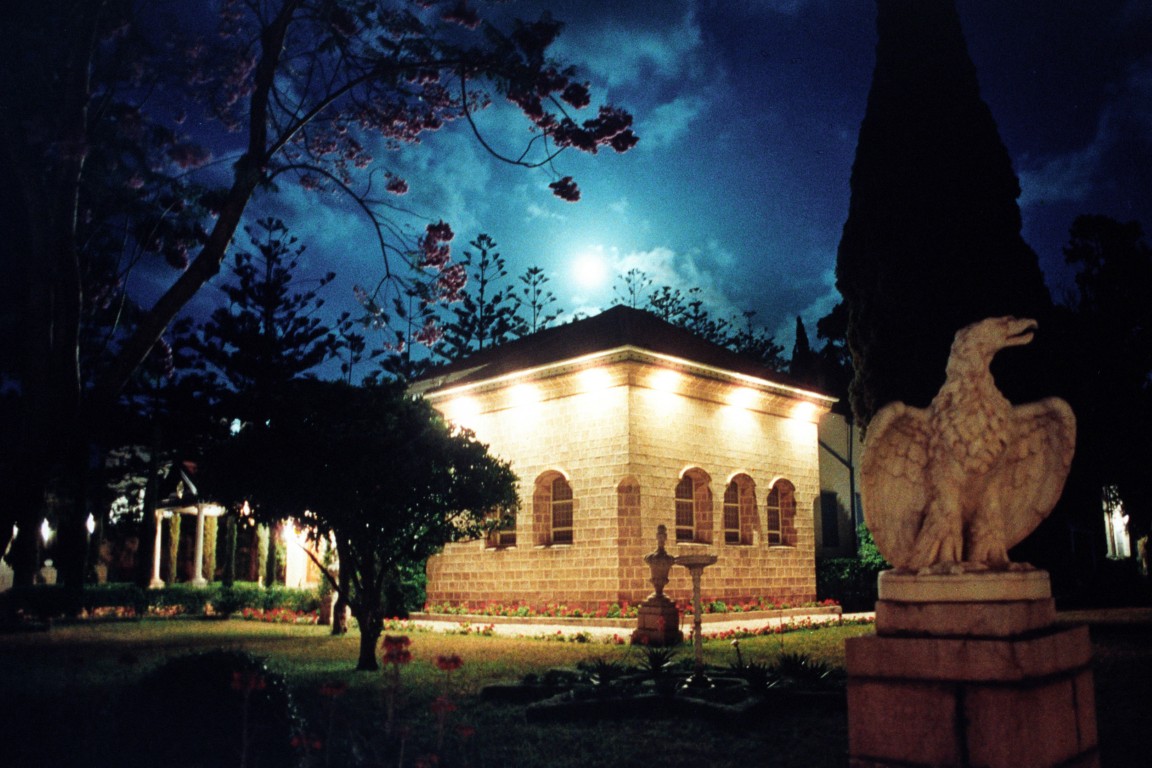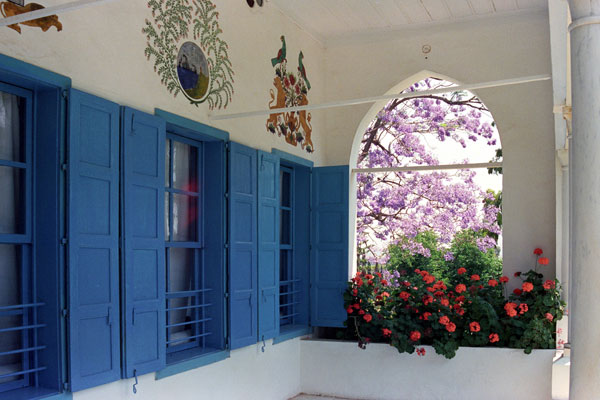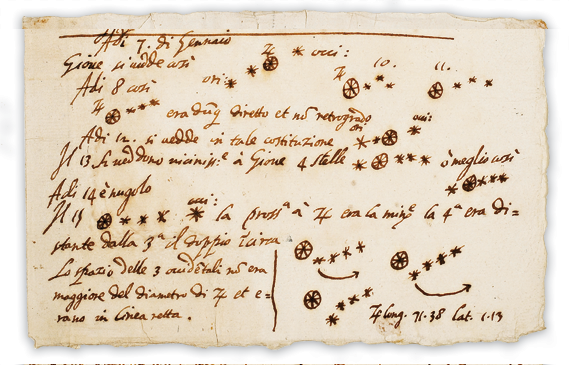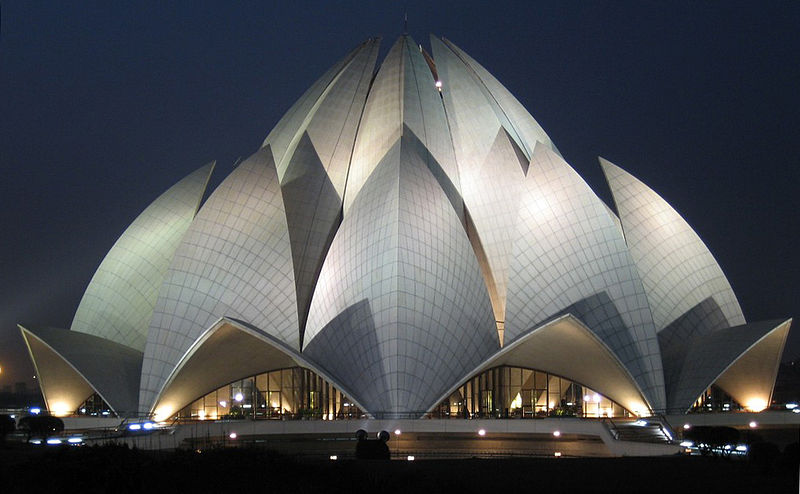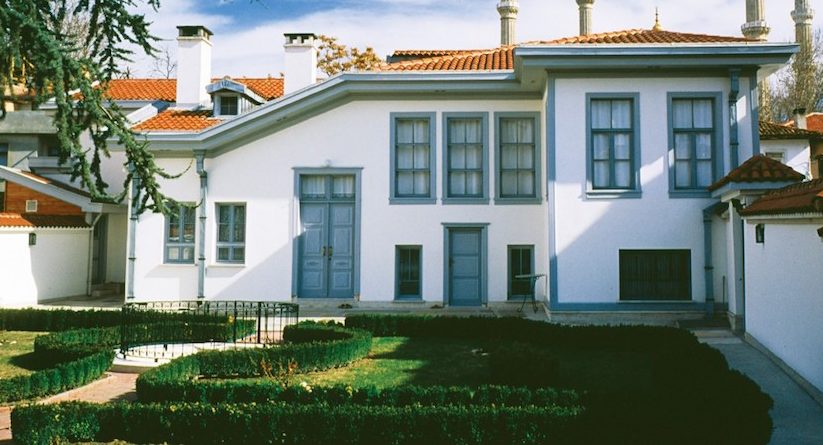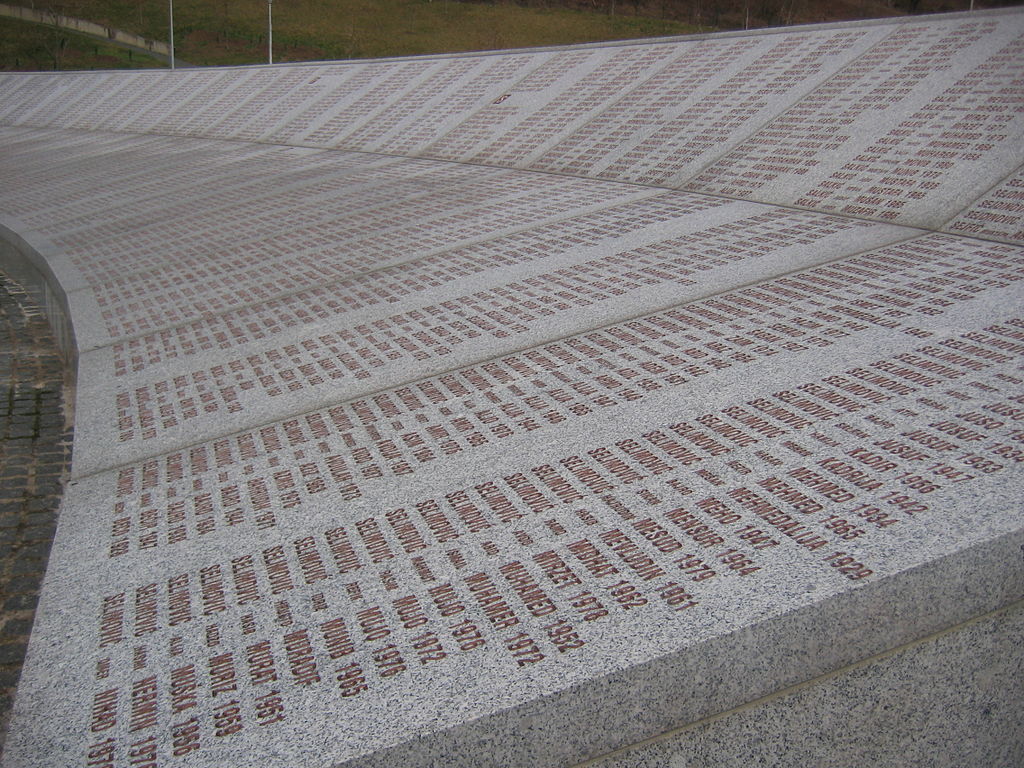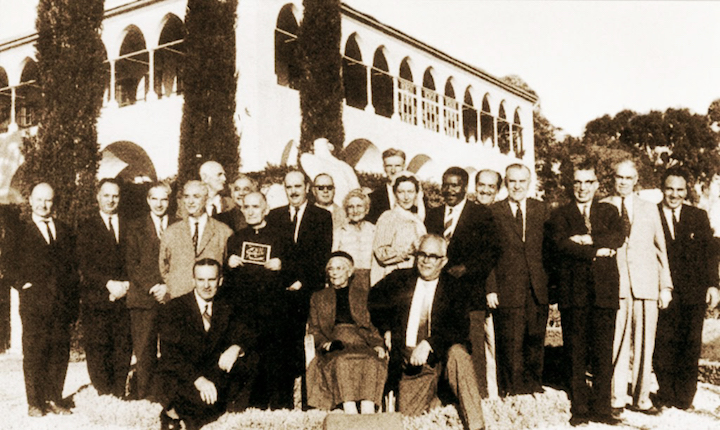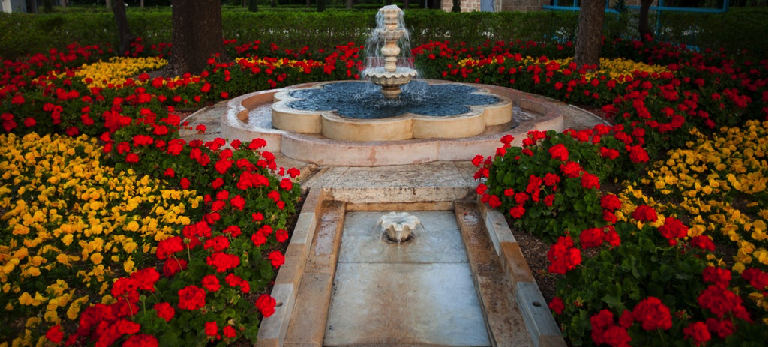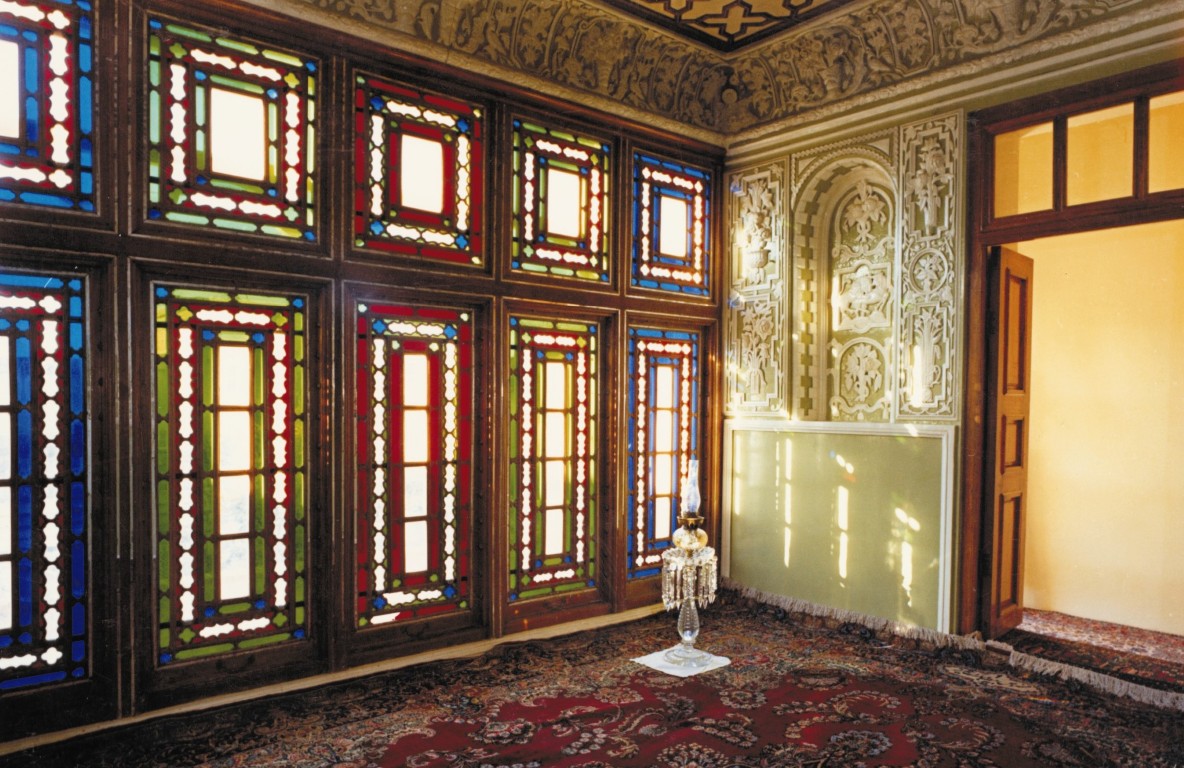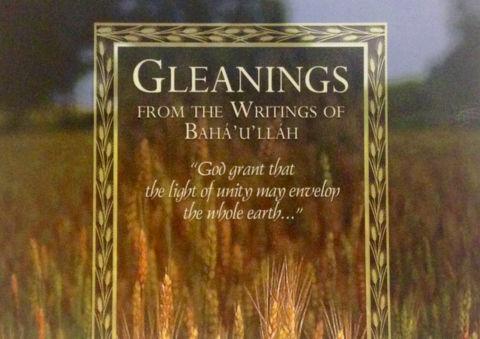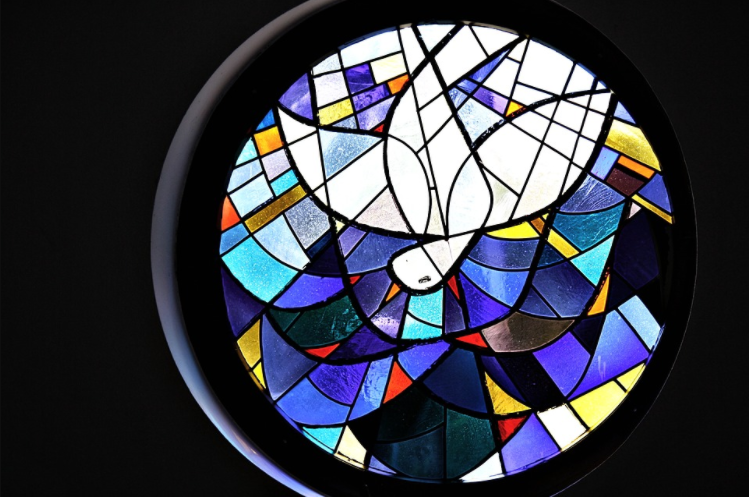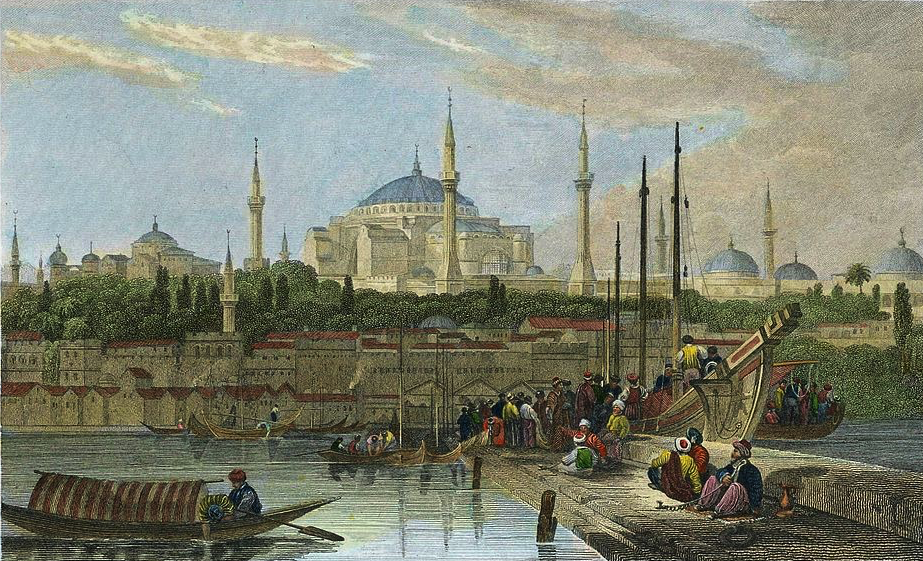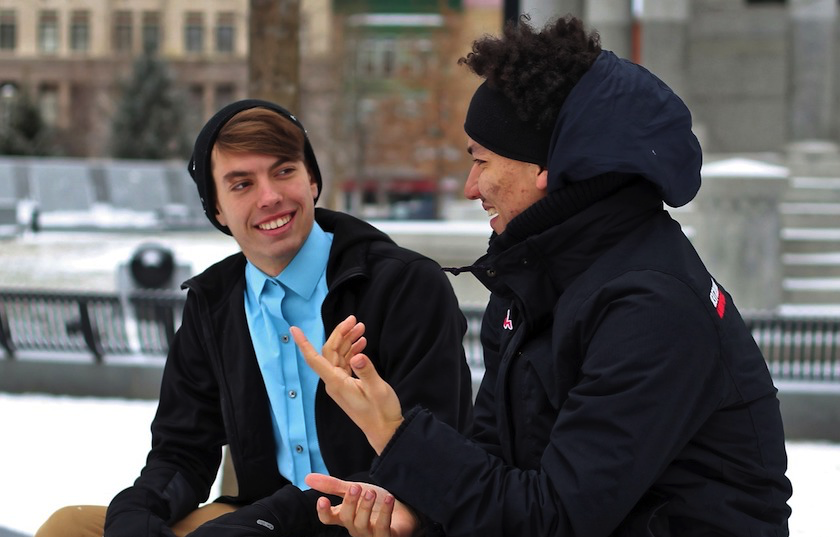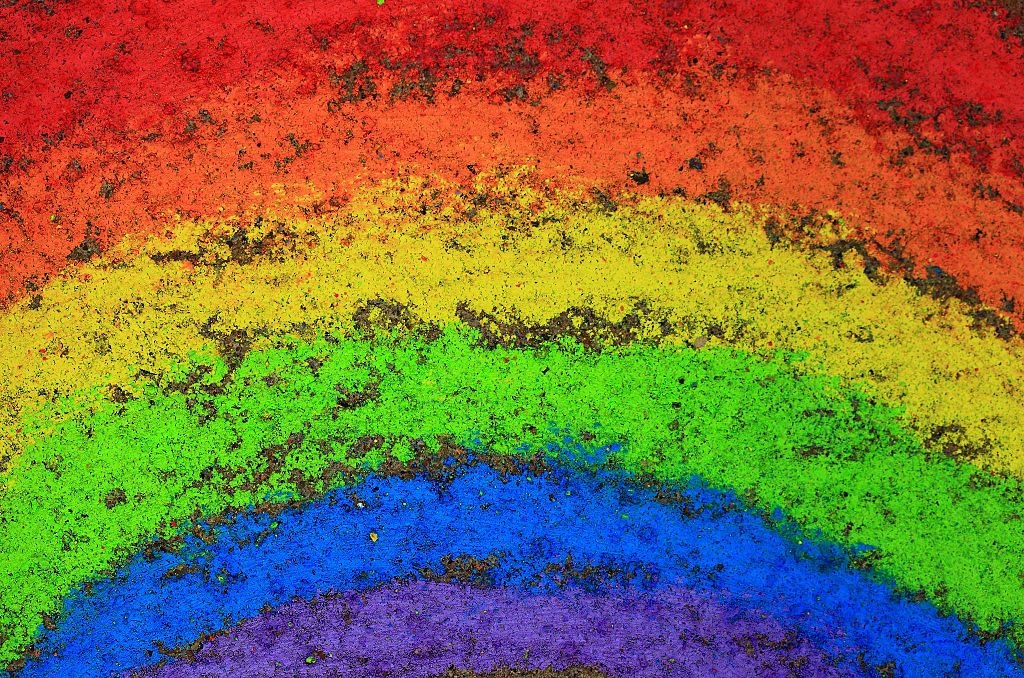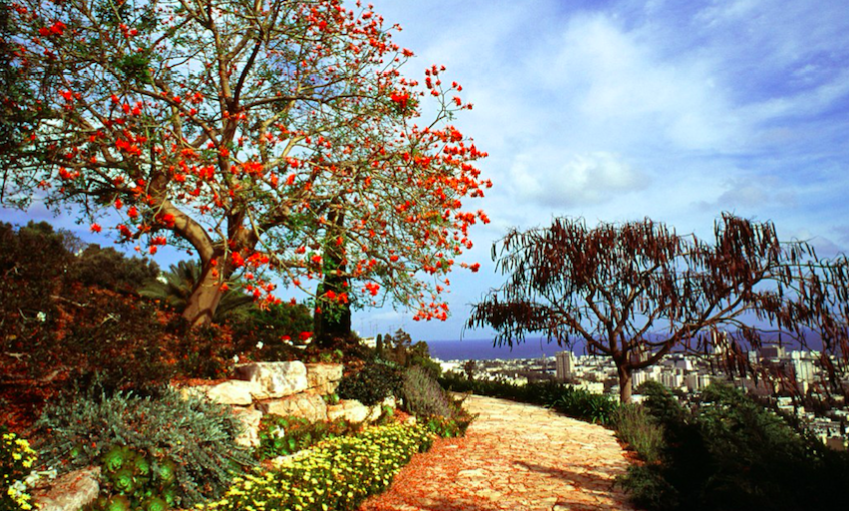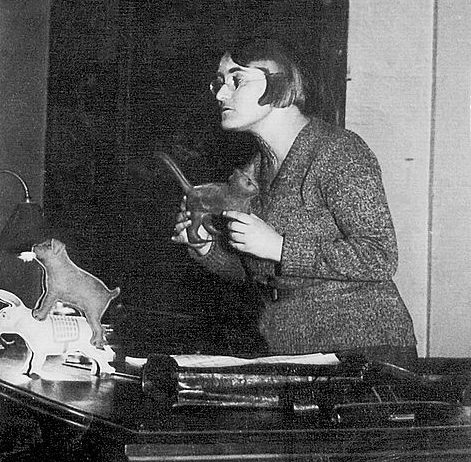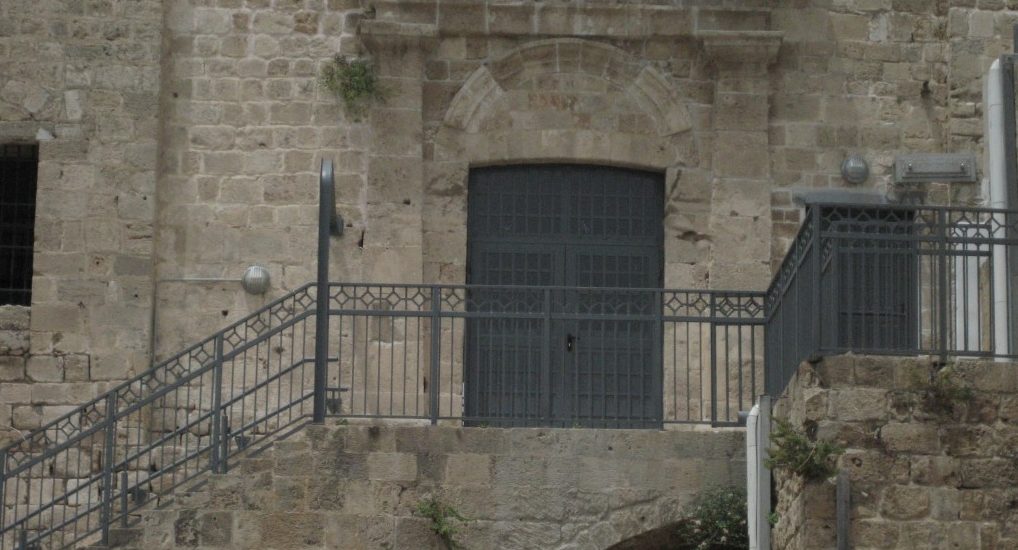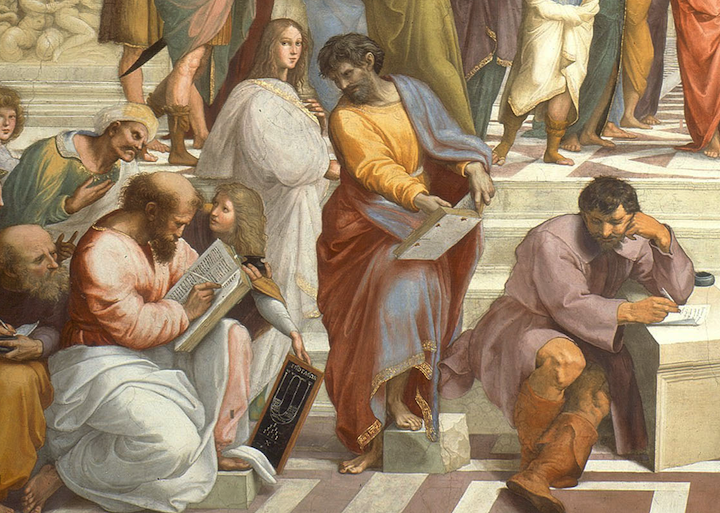-
Night Vigil – the Sun of Baha has set
At 3.00 am on 29 May 1892, Bahá’u’lláh left this mortal world. He had lived 75 years. Abdu’l Baha, his eldest son, immediately sent a telegram to the Ottoman Sultan Abdu’l Hamid: “… the Sun of Baha has set“. On the night of 28 or 29 May, depending on the Baha’i calendar, Baha’is around the world, gather in the middle of the night to commemorate the Ascension of Bahá’u’lláh: a vigil offering prayers and reading passages memorialising Bahá’u’lláh’s life and passing. Most of Bahá’u’lláh’s life was full of hardship – of deprivation – exile and imprisonment. As a young man he was heir to a fortune, being a nobleman of Persia. When he died –…
-
Mona Mahmudnizhad – Speaking Truth to Power
The specific phrase “speaking truth to power” appears to have entered the collective conscious initially among the Quakers. It is in the title of a 1955 study of international conflict prepared by the Friends Service Committee and the study cites the Quaker tradition as a source of the concept.[1] The idea has more ancient resonances. Prophets have always spoken truth to power. The encounter between Jesus and Pontius Pilate also calls the concept to mind. For this purpose I was born and for this purpose I have come into the world—to bear witness to the truth. Everyone who is of the truth listens to my voice.” Pilate said to him, “What…
-
Balancing Material and Spiritual Civilization
“No matter how far the material world advances, it cannot establish the happiness of mankind. Only when material and spiritual civilization are linked and coordinated will happiness be assured. “[1] With these words Abdu’l Baha introduces another of the great principles of Baha’u’llah’s teachings. In short – that true civilization implies a balanced progress of material and spiritual – with neither predominating. The immediate implication of this balancing of the material and spiritual is in the realm of human activity and human relationships. Then material civilization will not contribute its energies to the forces of evil in destroying the oneness of humanity, for in material civilization good and evil advance…
-
Weaving the Future from the Threads of the Past
Across the world, the 19th century was a time of dramatic change. From our 21st century vantage point we may perceive it as “old fashioned” but in truth it was a time of change such as the world has rarely seen. In some places the world experienced revolutions, in others wide ranging reforms arose in almost every aspect of society. This was the time when the modern world was born. Bahá’u’lláh lived at this time and his writings are often directed to the reform of society. How Bahá’u’lláh goes about weaving the future from the threads of the past provides insights to Bahá’u’lláh’s work that offer food for reflection. Often the past is…
-
Words of Love
I loved thy creation, hence I created thee. Wherefore, do thou love Me, that I may name thy name and fill thy soul with the spirit of life.[1] Armed with the power of Thy name nothing can ever hurt me, and with Thy love in my heart all the world’s afflictions can in no wise alarm me.[2] Commit not that which defileth the limpid stream of love or destroyeth the sweet fragrance of friendship. By the righteousness of the Lord! Ye were created to show love one to another and not perversity and rancor. Take pride not in love for yourselves but in love for your fellow-creatures.[3] Set ye aside My love, and commit what…
-
Before the Dawn: The Bab – Prophet Herald
Several times we’ve encountered mention of the Bab – the prophet-herald of Baha’u’llah. Here, is a little of the story of the time that preceded Baha’u’llah, as told in Nabil’s Narrative. The time before the dawn. Mulla Husayn, a young seminarian, was undertaking a search. He was carrying out the last wishes of his spiritual teacher who had passed away not long before. Before his death, this teacher had instructed Mulla Husayn and his fellow students to disperse and search for the new messenger of God. For this was the time foretold – the time of the return. The time when the ancient promises of sacred writings would be fulfilled. They would find that messenger if…
-
Work is Worship
Among Bahá’u’lláh’s Glad Tidings is one directed to what we spend most of our waking time doing: working. Often, in the past “sacred” has been taken to imply set apart. A special caste was concerned with the administration of the sacred. The ordinary day to day activities of life were not sacred. Bahá’u’lláh overturns this separation. Work is worship. It is enjoined upon every one of you to engage in some form of occupation, such as crafts, trades and the like. We have graciously exalted your engagement in such work to the rank of worship unto God, the True One. … Waste not your time in idleness and sloth. Occupy yourselves with that which profiteth yourselves and…
-
Adam and the Rainbow Serpent
In ancient biblical lore Adam is the first human and the creation story of Adam and Eve is well-known. Adam and Eve are cast as responsible for the “fall of man” through their disobedience in eating from tree of good and evil. This story is regarded as a metaphorical rather than literal in the Baha’i teachings.[1] In the Qur’an, Adam and Eve also appear, but the story is told differently. In Islam, Adam is regarded as the first prophet, not just the first man. Adam’s disobedience, as it is told in the Qur’an, however, does not condemn humanity. There is no doctrine of original sin. God forgives Adam. As an aside,…
-
Lidia Zamenhof and a World Language
Lidia Zamenhof’s famous father was the creator of the Esperanto – perhaps the most successful effort to create an international language. Lidia herself devoted herself to promoting the language and also to teaching the Baha’i Faith of which she had become a member. Undoubtedly Bahá’u’lláh’s call for adoption of a world language would have resonated strongly with her, given her own commitment to it. Her own life was tragically cut short in World War II, the coming of which Bahá’u’lláh specifically predicted. Irrespective of the specifics, it’s clear that World War II was one of the consequences of clinging to patterns of thought and modes of behaviour inadequate to the…
